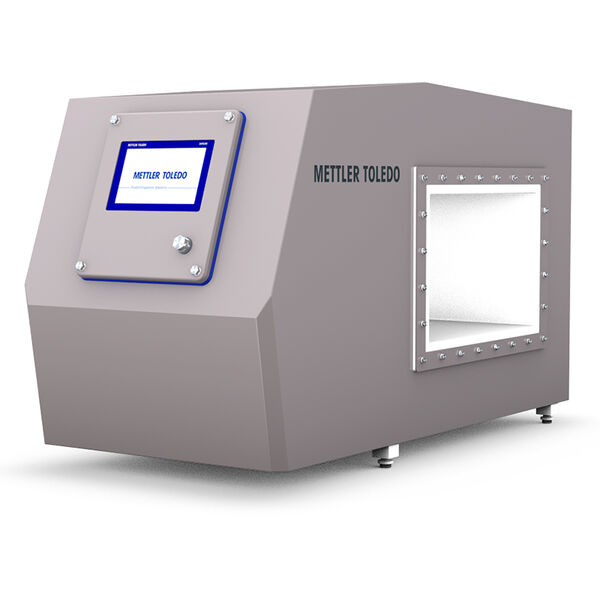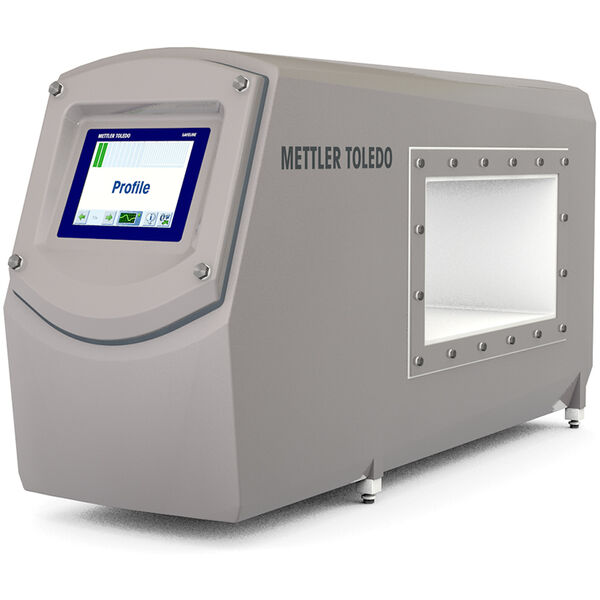新型コロナウイルスに見舞われる中、ソーシャルディスタンスが機器の稼働時間と生産性の維持について新たな課題をもたらしています。 このような状況に応えるために、電話による技術サポートに加え、「拡張現実(AR)」技術を駆使した最新のリモートサービスなどを提供しています。 これにより当社は、生産性の目標達成のためにお客様から求められる専門的なサポートを、迅速に提供し続けることができます。
メトラー・トレドの視覚的なリモートアシスタンスソリューションは、お客様のご希望のサービスを把握するために役立ちます。一体型カメラを備えたモバイルデバイスを使用することでお客様と同じ視点で確認することができます。最新のテクノロジーを使用した高速な不良診断、修理、部品交換など、お客様へ多くのサポートを提供します。 また、一部製品にリモート接続してサービスを提供することも可能です。 詳しくは、最寄りのサービスチームにお問い合わせください。

Metal Detector for Ferrous and Non-Ferrous Metals
Metal detection systems to detect various ferrous and non-ferrous metals in industrial applications
Our advanced metal detection systems can detect and reject metal contaminants from your production line. It’s important to use an industrial metal detector for detecting ferrous and non-ferrous metals in your production to help optimize quality control and preserve brand integrity. We specialize in systems that can reject various metal contaminants in packaged, non-packaged, frozen, wet, or liquid food applications, as well as capsules, powders, and other pharma or non-food applications.
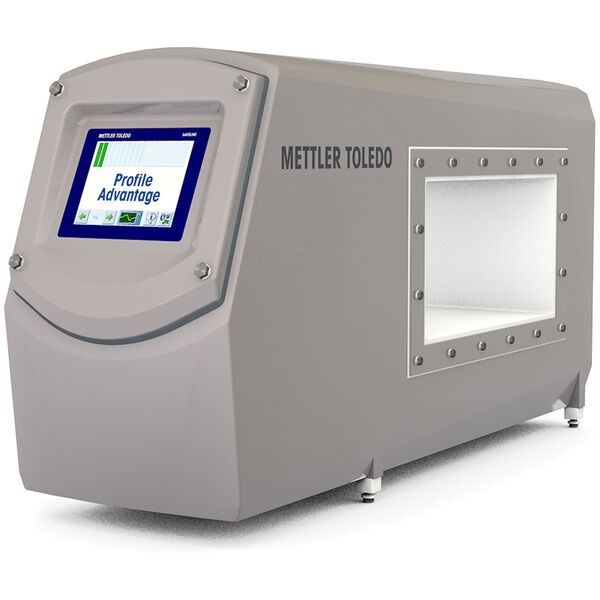
Profile Advantage Metal Detector
Safeline's most advanced food metal detector, which delivers up to 50 percent improved sensitivity when inspecting wet, hot, chilled, cooling, or metal film-packed products.
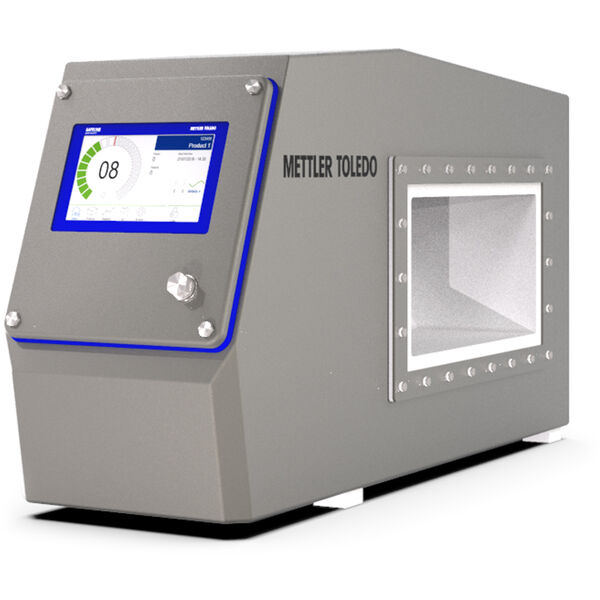
Metal Detector M31R
Next generation industrial metal detector delivers high sensitivity with ease of use to deliver affordable quality control. Suitable for dry or wet product inspection.
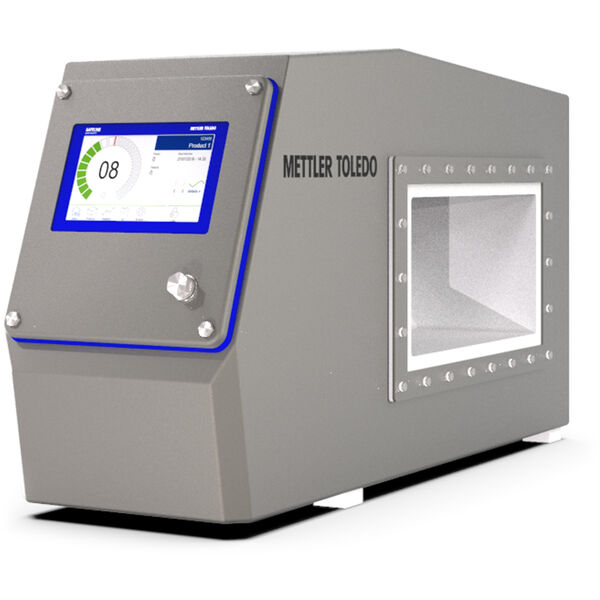
Metal Detector M33R
Next generation industrial metal detector offers a step-change in performance and very high sensitivity. Suitable for dry or deep frozen products inspection.
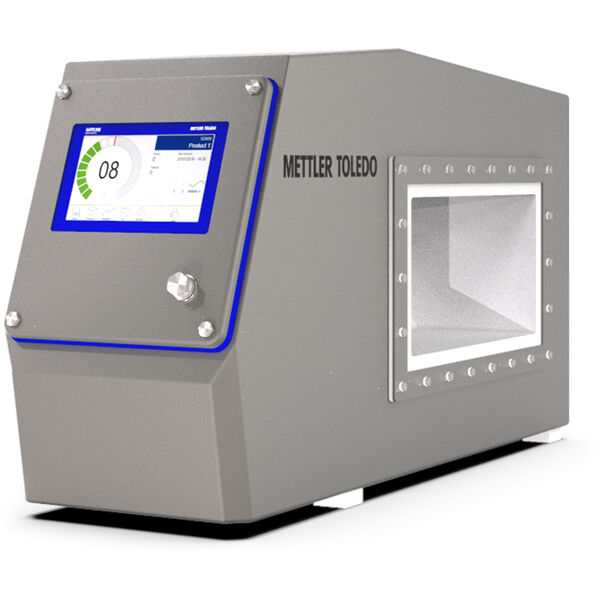
Metal Detector M34R
Next generation industrial metal detector with Dual-Simultaneous Frequency (DSF) technology offering very high sensitivity. Ideal for wet or metal film-packed products inspection.

新しい遠隔サポート
継続的な製造の維持
各種サービスのご案内
メトラー・トレドは、据付から保守整備、校正、機器の修理まで、製品検査機器のライフサイクル全体を通してサービスを提供いたします。
サポート ・ 修理

メンテナンス・最適化

- Bakery Production Metal Detection
- Industrial Metal Detector for Agriculture
- Industrial Metal Detector for Cosmetics
- Industrial Metal Detector for Flour and Grain Industry
- Industrial Metal Detector for Meat Processing
- Industrial Metal Detector for the Chemical Industry
- Industrial Metal Detectors for Plastics
- Industrial Metal Detectors for the Dairy Industry
- Industrial Metal Detectors for the Seafood Industry
- Industrial Metal Detectors for the Sugar Industry
- Metal Detection in Ready Meals
- Metal Detection Technology for Snacks and Confectionery
- Metal Detectors for Meat, Poultry and Seafood Production
- Metal Detectors for Pet Food
- Metal Detectors for Pulp and Paper
- Metal Detectors for the Food Industry
- コンベヤ・トンネル用金属検出機
- スロート金属検出器
- パイプライン用金属探知機
- 医薬品用金属検出機
- 重力落下式金属検出機
- 食品加工用金属検出機
FAQs
What metal contaminants can industrial metal detection systems detect?
Our industrial metal detection systems can detect and reject a range of ferrous, non-ferrous, and stainless-steel metal contaminants.
There are many ways metal contamination can enter your products. They can be found in raw materials such as fishhooks in seafood, through machinery wear and tear, during maintenance practices (washers and bolts), or even accidentally through employee personal effects like jewelry.
What’s the difference between ferrous and non-ferrous metals?
When detecting metal in industrial applications, ferrous and non-ferrous metals can be distinguished by their many properties. The simplest way of defining the difference is that ferrous metals contain iron and non-ferrous metals do not.
Examples of ferrous metals include stainless steel, carbon steel, and cast iron. Examples of non-ferrous metals include copper, aluminum, and nickel.
One common property of ferrous metals is that they are often magnetic. However, you can also find some contamination risks from non-magnetic stainless steels, which is why you need an advanced industrial metal detector for detecting ferrous and non-ferrous metals of all types.
How can spherical sensitivity affect how metal contamination is detected?
Spherical sensitivity is a crucial aspect of your industrial metal detection system, and acts as a measurement of how a system detects different shapes, sizes, and types of metal contaminants. The higher the level of sensitivity, the smaller the ferrous and non-ferrous metal contaminants that can be detected.
However, certain factors can affect the level of sensitivity of the metal detection system. These factors need to be taken into account in order to help increase the effectiveness of your inspection process.
Many factors can affect metal detection for detecting metal inclusions in industrial processes such as whether the metal is ferrous or non-ferrous, the physical form of the product being inspected, the size and shape of the metal, the temperature of the product at inspection, and much more.
We offer a wide range of metal detection systems with various sensitivity options to help you find the right industrial metal detector for detecting ferrous and non-ferrous metals.
Why is it important to reject ferrous and non-ferrous metal contaminants from industrial applications?
Using an industrial metal detector for detecting ferrous and non-ferrous metals in your industrial food, non-food, and pharma applications is crucial for a wide number of reasons. These include:
- Reducing costs from having to unnecessarily dispose of uncontaminated products
- Supporting compliance with industry standards
- Using metal detection for product recalls prevention
- Solidifying your brand integrity, so customers and businesses can rely on your products to be free of metal contamination
